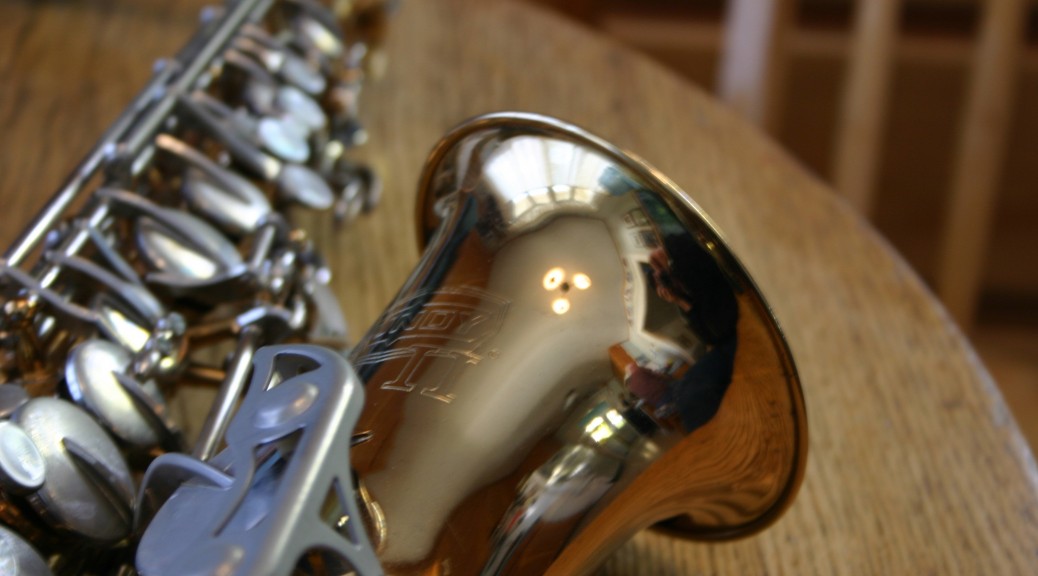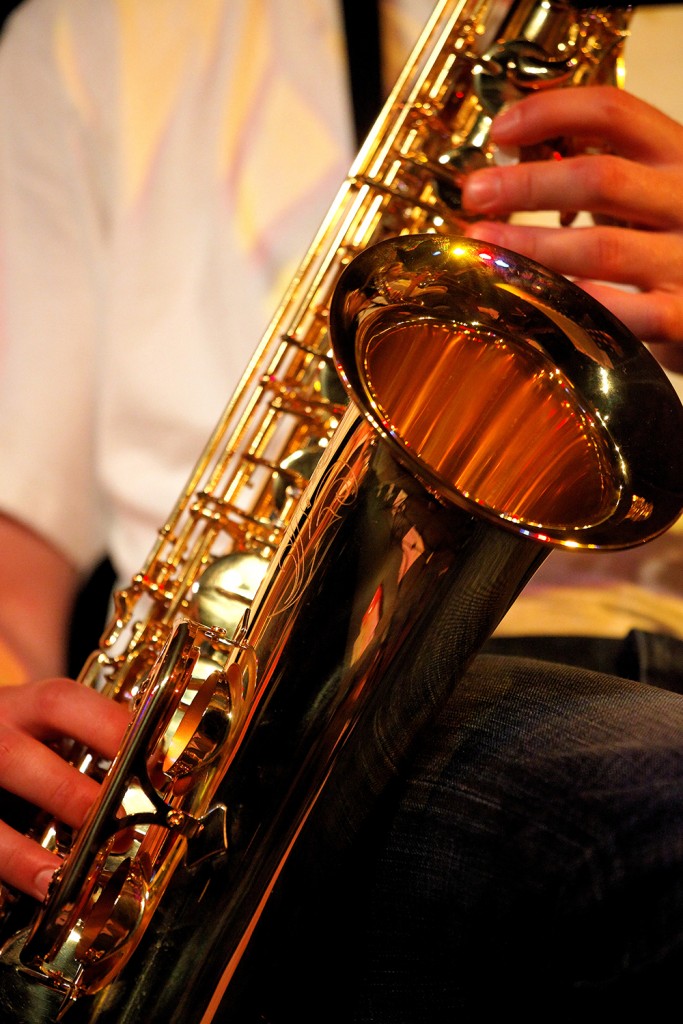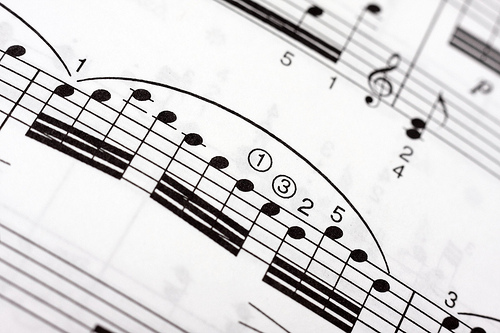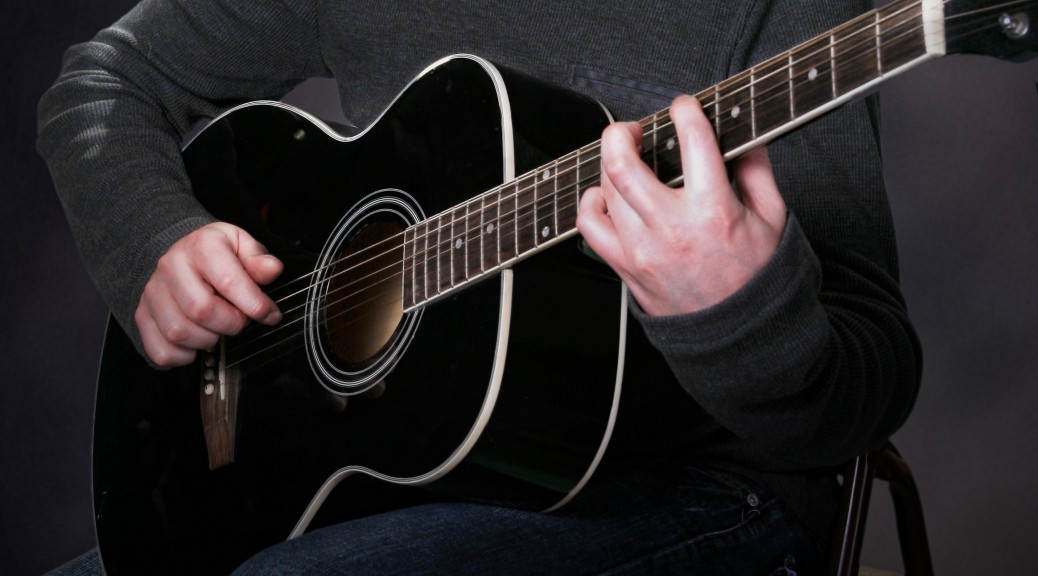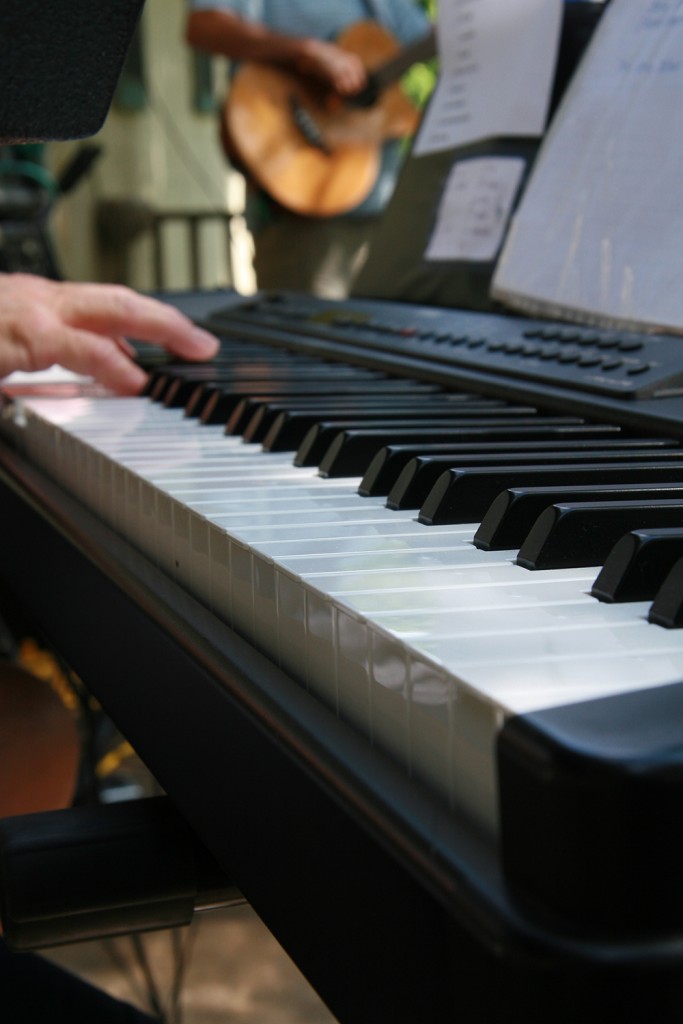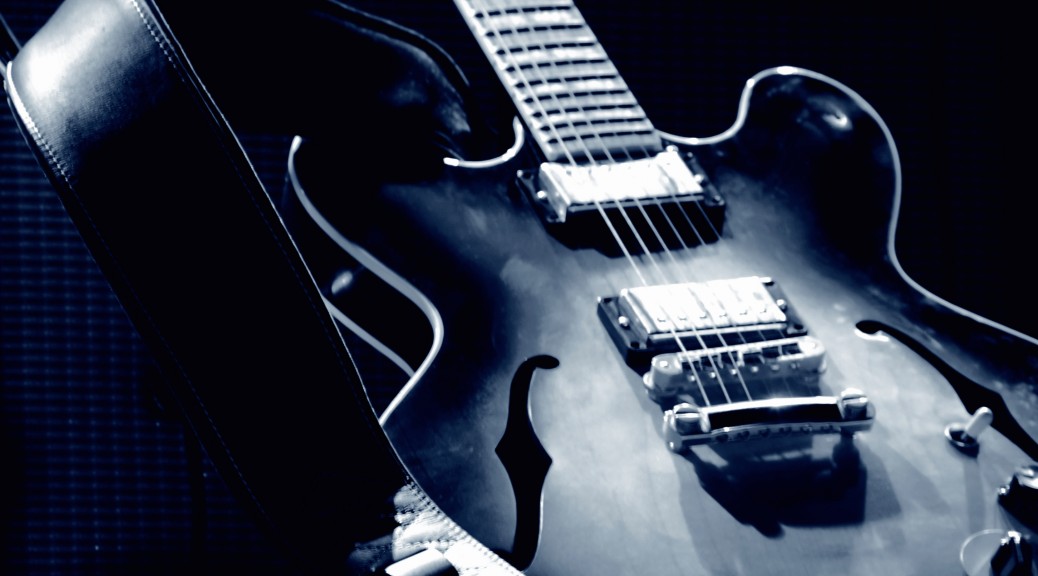Music has the power to inspire.
For musicians, the power to inspire others through what they create is an incredible feeling. If listening to music and going to gigs and clubs has inspired you to start making your own music, it can be difficult to know where to start.
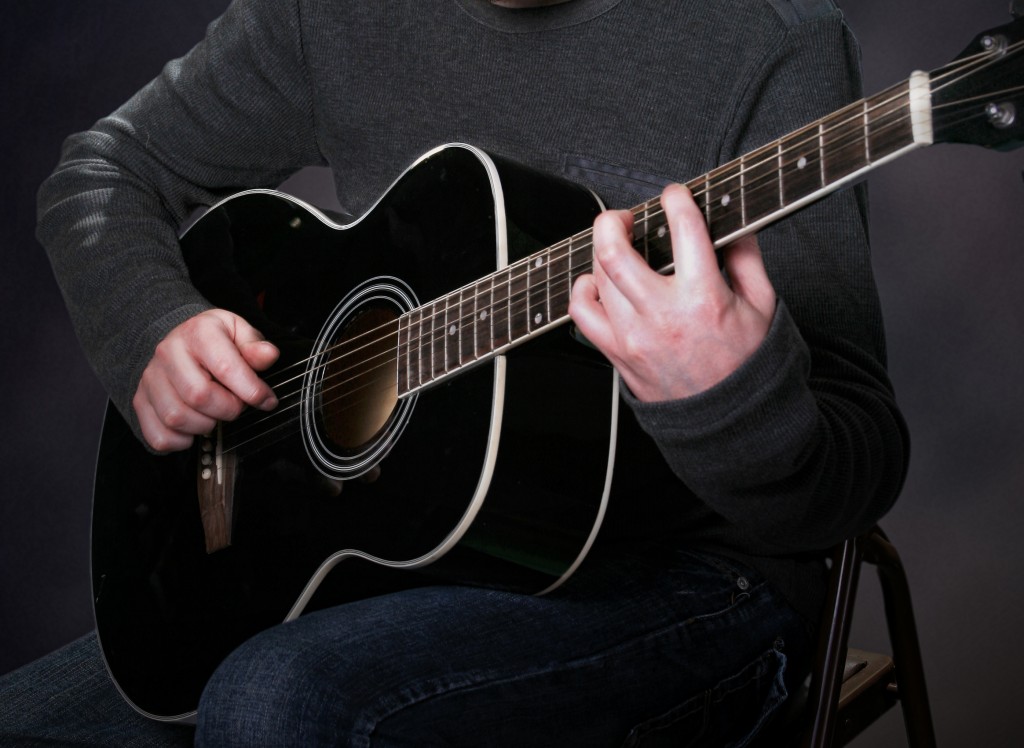
Understanding the instrument that would suit you and that you would enjoy playing most is the first step on your musical journey, whether you see yourself playing for a hobby or potentially becoming a professional musician one day. While you might automatically think “guitar” there’s a wide range of opportunities available in the music world whatever instrument you play.
How can you help yourself to choose the right instrument for you?
What are Your Musical Tastes?
If you love listening to bands like Metallica or the Foo Fighters, it’s highly likely that you’re going to want to play the instruments these bands use. It is listening to these bands in the first place that has likely inspired you to want to play music at all, so you may automatically gravitate towards the guitar, the bass, or the drums.
It isn’t unheard of for musicians to play instruments outside of their own tastes, but this usually occurs if they’ve started playing a particular instrument at school. If you enjoy heavier music, you can still choose an instrument that you wouldn’t normally associate with a particular genre if you have a passion and affinity for a particular instrument.
If you want to get super creative, you could always choose such an instrument then look to adapt and play it in the style you enjoy.
What do You Want to Do?
While people choose to play the guitar because it’s seen to be cool, one of the often unspoken about reasons why guitar is so great is because you can pick it up, put it in its carry case, and take it anywhere you want. If you’re planning to play gigs or join a band then you may need to consider ease of transportation when choosing an instrument. Guitars and anything smaller are always great as you can take them anywhere. Most brass instruments fall into this category, too.
Think about your reason for wanting to play an instrument. If you want something to do for a hobby then something like a piano is brilliant, and it doubles up as a stunning piece of furniture for your home.
How Will You Learn?
One of the best things about playing an instrument is that your learning opportunities are highly varied. Whether it’s from a book, hiring a tutor, or investing in online music lessons here at Pro Music Tutor, how you learn to play an instrument will depend on numerous things, not least your own ability to pay, although you should focus more on your own learning style and how you feel you’d become better, quicker.
If hiring a tutor to come to your home is out of the question, or you are unable to travel to a tutor yourself, that may influence your decision making, as could your ability to access the internet when you wish to, or the affordability of books and DVD’s for certain instruments.
How to Choose an Instrument
While factoring all these points in, you should focus most of all on an instrument that is going to keep you passionate and interested, and something that you will want to play for many years to come.


